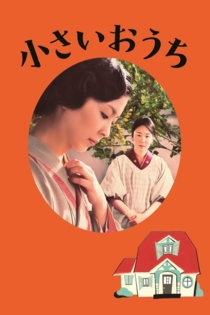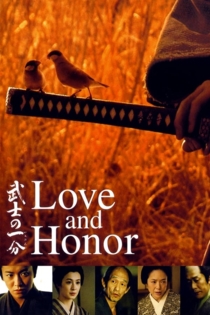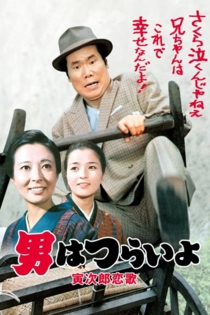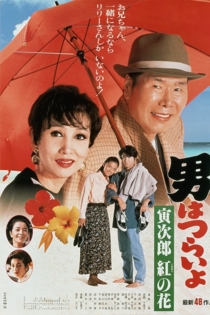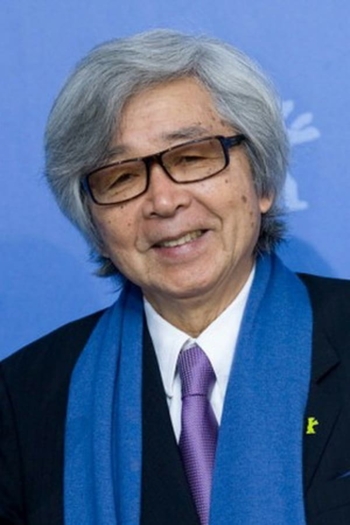
Yoji Yamada
1931 (94 года)He was born in Osaka. But because of the work of his father, who was an engineer for the South Manchuria Railway, from the age of 2 he was brought up in Manchuria. Following the end of World War II, he came back to Japan and subsequently he lived in Yamagata Prefecture.
After receiving his degree from Tokyo University in 1954, he entered Shochiku and worked under Yoshitaro Nomura as a scriptwriter or as an assistant director.
He has won many awards throughout his lengthy career and is well respected in Japan and by critics throughout the world. He wrote his first screenplay in 1958, and directed his first movie in 1961. Yamada continues to make movies to this day.
He once served as president of the Directors Guild of Japan, and is currently a guest professor of Ritsumeikan University.
The Twilight Samurai
Yoji Yamada
Хироюки Санада, Rie Miyazawa
Seibei Iguchi leads a difficult life as a low ranking samurai at the turn of the nineteenth century. A widower with a meager income, Seibei struggles to take care of his two daughters and senile mother. New prospects seem to open up when the beautiful Tomoe, a childhood friend, comes back into he and his daughters' life, but as the Japanese feudal system unravels, Seibei is still bound by the code of honor of the samurai and by his own sense of social precedence. How can he find a way to do what is best for those he loves?
The Twilight Samurai
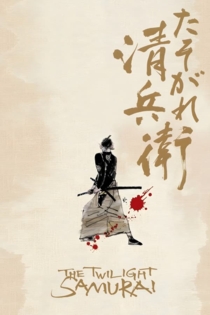
The Hidden Blade
Yoji Yamada
Masatoshi Nagase, Takako Matsu
Set in 19th Century Japan a young samurai who finds himself in love with a farm girl leaves his home to begin a new life. He has to take stock of his new life when he is put to the test and ordered to kill a traitor who just happens to be his dearest friend.
The Hidden Blade
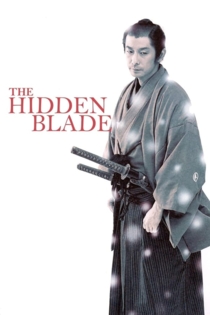
Where Spring Comes Late
Yoji Yamada
Chieko Baisho, Hisashi Igawa
The story is set in 1970 during the time of the first EXPO in Japan. The film’s main figure is a miner who suddenly becomes unemployed because the mine he worked in was shut down. He decides to resettle with his whole family to Hokkaido in northern Japan and start a new life as a farmer.
Where Spring Comes Late
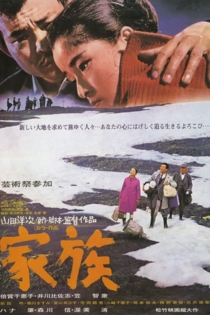
A Distant Cry from Spring
Yoji Yamada
Ken Takakura, Hidetaka Yoshioka
The quiet life of a mother and her young son living on a farm in Hokkaido is changed by the arrival of a man who ignites flames of romance in the heart of the mother and shows her boy the importance of grit and kindness, but then he leaves with the autumn wind.
A Distant Cry from Spring
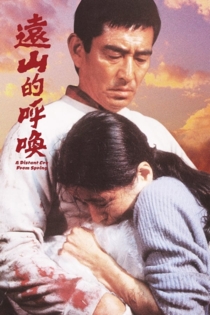
Kabei: Our Mother
Yoji Yamada
Mirai Shida, Tadanobu Asano
Set in Tokyo in 1940, the peaceful life of the Nogami Family suddenly changes when the father, Shigeru, is arrested and accused of being a Communist. His wife Kayo works frantically from morning to night to maintain the household and bring up her two daughters with the support of Shigeru's sister Hisako and Shigeru's ex-student Yamazaki, but her husband does not return. WWII breaks out and casts dark shadows on the entire country, but Kayo still tries to keep her cheerful determination, and sustain the family with her love. This is an emotional drama of a mother and an eternal message for peace.
Kabei: Our Mother
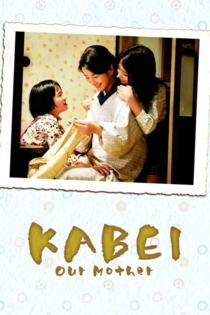
息子
Yoji Yamada
Masatoshi Nagase, Rentaro Mikuni
Tetsuo is a young man living in Tokyo, who falls in love with a deaf-mute factory girl. He has always felt jealous of his college-educated brother, but ultimately wins both the girl and his father's acceptance and support in a touching and refreshing way.
My Sons
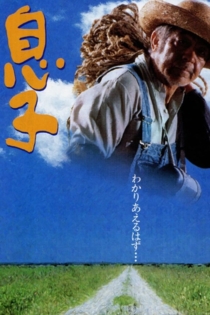
Tokyo Family
Yoji Yamada
Isao Hashizume, Kazuko Yoshiyuki
An aging couple decide to leave their quiet lives in the country to pay a visit to their children and grandchildren in Tokyo. Once there, they discover that neither their oldest son, a doctor named Koichi, nor their eldest daughter Shigeko - who runs a beauty parlour - has time for them: both are too busy attending to their everyday concerns. Even the youngest son went his own way. The old couple feel lonely and bewildered in the fast-paced metropolis.
Tokyo Family
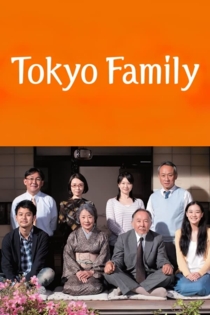
生きてはみたけれど・小津安二郎伝
Kazuo Inoue
Keiko Kishi, Yôko Tsukasa
An extremely lovely tribute to Ozu, on the 20th anniversary of his death. It uses a combination of footage from vintage films and new material (both interviews and Ozu-related locations) shot by Ozu's long-time camera-man (who came out of retirement to work on this). Surprisingly (or perhaps not), it focuses less on Ozu's accomplishments as a film-maker than on his impact on the lives of the people he worked with..
I Lived, But...
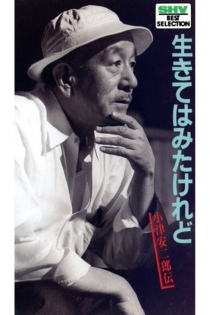
The Yellow Handkerchief
Yoji Yamada
Ken Takakura, Chieko Baisho
The story is about a convict released from prison for an old murder who is thinking about returning to his ex-wife and his former life. If she puts a yellow handkerchief on the window, it would mean that she wants him back at home.
The Yellow Handkerchief
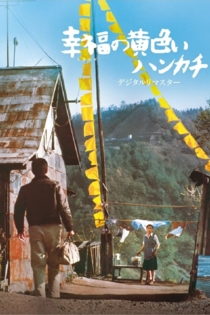
故郷
Yoji Yamada
Chishū Ryū, Hisashi Igawa
On a beautiful island in Seto Inner Sea, Seichi and Minko make their living by transporting rocks to construction sites by boat. They cherish the deepest affection for this piece of land they call home, and the simple life they lead. But rapid industrial growth makes it all but impossible to continue their chosen living style, and they are forced to leave their beloved hometown in search of a brighter future. But their hometown lingers on their hearts, and they dream of a time when they may once again return.
Home from the Sea
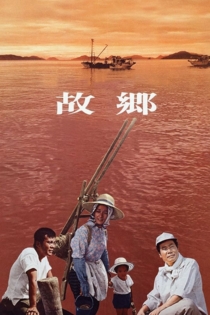
A Trap
Yoji Yamada
Chieko Baisho, Osamu Takizawa
When her only relative, her elder brother is accused of robbing and murdering an old woman loan-shark, pretty, young Kiriko travels from her home in Kyushu to Tokyo to get Japan's top lawyer to defend her brother. Unfortunately her naive idealism is shattered when the lawyer refuses to take the case based on her insufficient funds. What follows is a long determined revenge plot that sees the heroine become a Tokyo bar hostess and worse to punish the lawyer. The plot thickens with another murder mystery and a sleuthing reporter.
A Trap
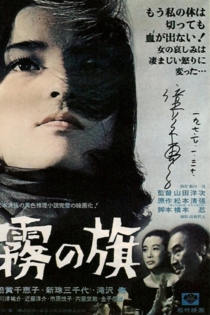
The Little House
Yoji Yamada
Takako Matsu, Haru Kuroki
Following the death of the unmarried and childless Taki, Takeshi, a young relative of hers, discovers several pages of closely written lines in which the old lady has recorded her memories. This is how he learns the truth about her youth working as a housemaid and nanny for the Hirai family in a little house in Tokyo with a red gabled roof.
The Little House
